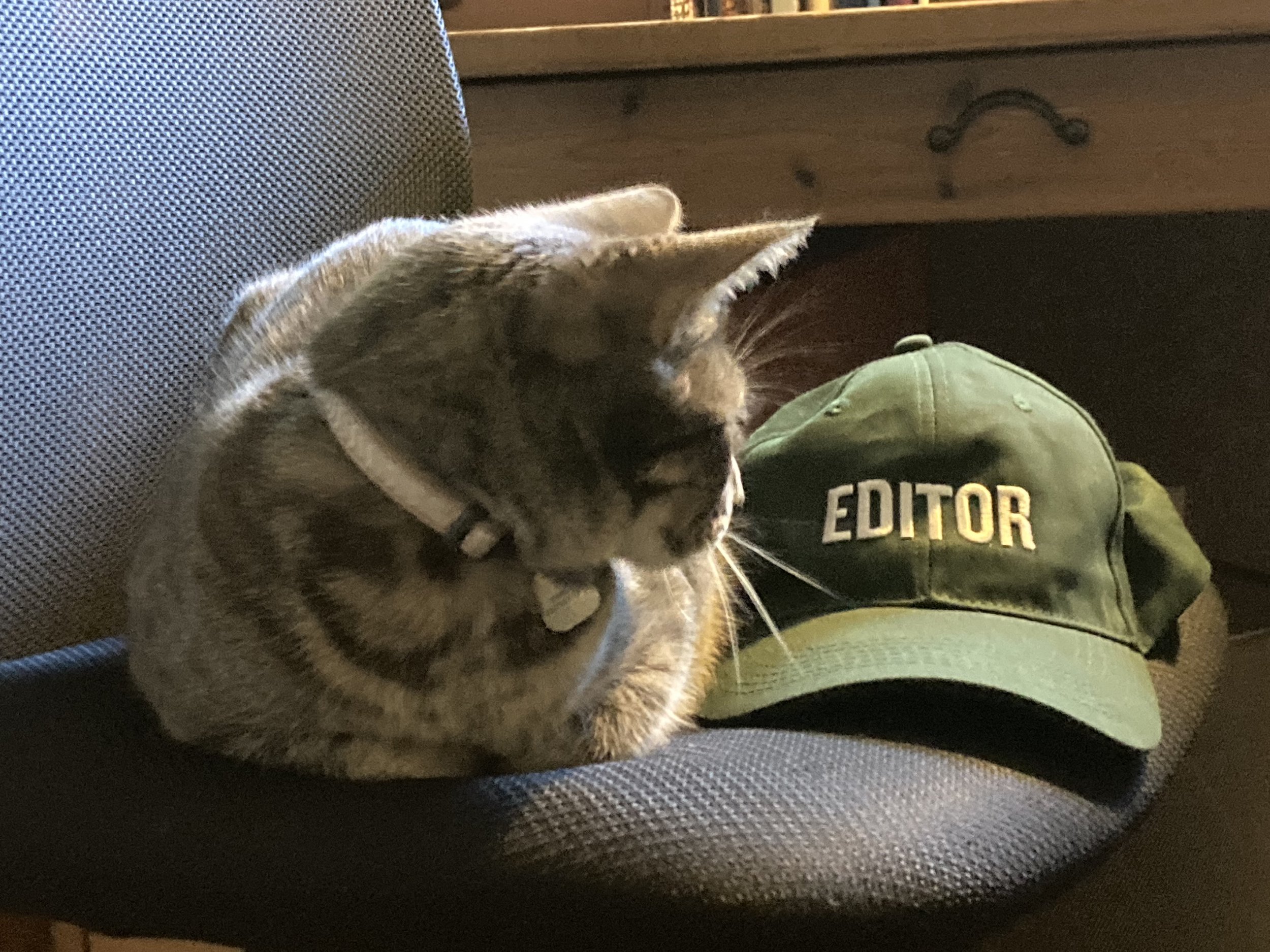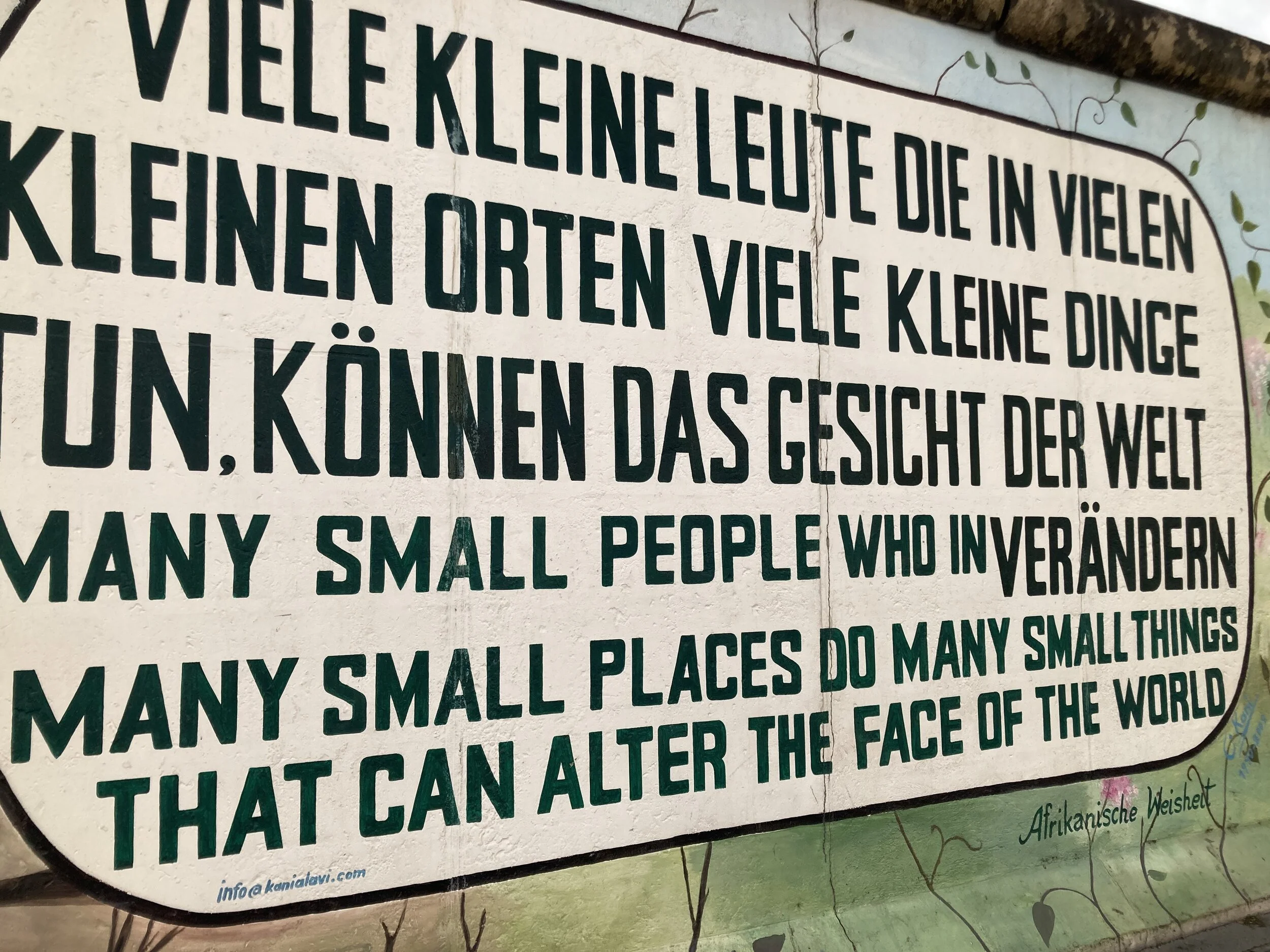FINDING THE JOY IN WRITING
/DAUNTING: This is how we think about our writing assignments — especially major projects like dissertations and theses. We cringe. We groan. We imagine ourselves toiling away relentlessly, needing to give up all good things in life. We doubt our own ability, knowing that our classmates are all better writers. We feel stressed. We suffer writer’s block. We find distractions. We procrastinate.
Enough, I say!
Who says writing has to be onerous, tiring, tedious, stressful, taxing, traumatic (as difficult as giving birth), mind-numbing, wearying, boring ... and not ... exciting, inspiring, energizing, creative, scintillating, easy, self-revelatory? (I had so much fun finding all these adjectives!)
Impossible, you say. You must be dreaming, Kathleen, or, You really don’t get it, or, You don’t know me!
I challenge you right here, right now: Find the joy in writing. Here’s how:
First, watch the attitude and self-talk.
Are you thinking:
Poor me, I have to work on my dissertation today!
I have so much homework!
She wants 10 pages, ugh!
Try this self-talk:
Yay, I get to spend all day on my dissertation learning about a subject I really care about.
I have lots of homework, but I’m up to the challenge. And I’ve got really fun plans tonight.
Second, take a minute to create a really pleasant environment.
If you work well in cafés, go to your favorite one and joke around with the cute barista while ordering your double latte with extra foam. Get there early to claim the most comfortable couch. Stare out the window for a minute before getting started. Focus on the deliciousness of the latte.
Or if you work best at home, make sure your environment is appealing. You may need to take a minute to clear off your desk, set the lamp to best illuminate your spot, and get rid of any “visual pollution.” Then go out to get that delectable almond croissant and double latte to go. (Last semester, one of my students told me he worked well in cafés and that his brother really wanted to support him. I said, “Okay, then get your brother to invest in a month’s supply of coffee drinks for you!”) Once back home, curl up in your favorite armchair.
Get comfortable. Get really comfortable.
Notice the cat top right of photo!
Then let yourself get warmed up. Write about something completely unrelated just to get your fingers going. John Steinbeck’s Journal of a Novel is one of my favorite books. While writing East of Eden, he would start out every day by writing a letter to his editor and friend Pascal Covici. Here are a few random excerpts:
February 21, Wednesday: This morning I am remiss, Pat, and for no reason that I can see. Went to bed early, slept well—overslept in fact—feel fine but I find myself dawdling about going to work ... [more warm-up writing]. There I guess I have dawdled from work all I can for one day and I will go to work.
March 2, Friday: Quite early to work today, Pat. The reason is not far to find. I am going over to get the boys this afternoon and they are going to spend the night with us. And I want to get in a day’s work first or a reasonable compromise with a day’s work. It is a brilliant sunny day. Really a spring day. But I have to get the work in ... [more warm-up writing]. And now it is really time to go to work.
Take lots of breaks. Stop when you are hungry or thirsty or tired.
Surprise yourself. Have fun. Find the joy in writing.
Really?
Yes, really.

















